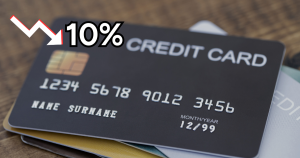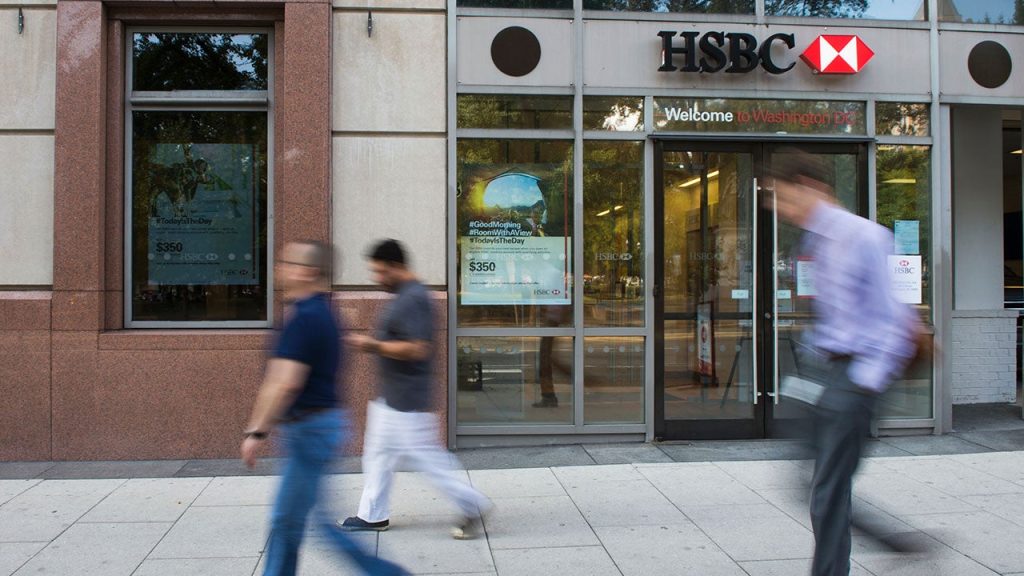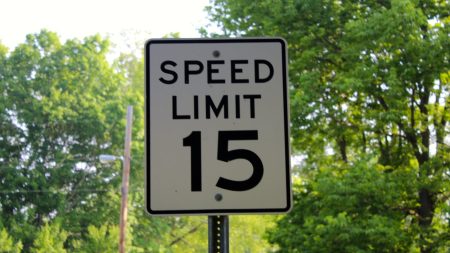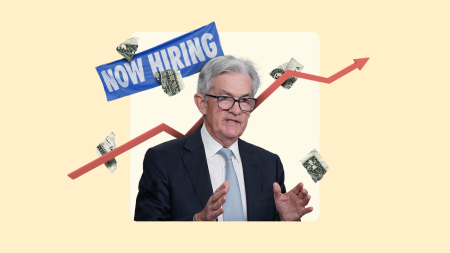ANDREW CABALLERO-REYNOLDS/Getty Images
Key takeaways
- Checking accounts offer the most flexible access to your money, but they usually earn little or no interest.
- Savings accounts and money market accounts allow you to earn interest but may limit withdrawals. Some money market accounts offer the ability to write checks or use a debit card.
- Certificates of deposit (CDs) let you earn a fixed interest rate for a specific term, making them best for funds you don’t need to access right away.
Bank accounts are useful tools that can help you manage your finances. The varied types of accounts allow you to save and keep track of spending, and some will even earn you more money in the form of interest.
If you’re interested in opening a bank account, you must decide among the different kinds and familiarize yourself with the rules for each. You can determine which accounts best meet your lifestyle and goals. Most banks offer four types of accounts.
| Account type | Best use |
| Checking account | A checking account offers easy access to money. These accounts are ideal for bill payments and daily transactions. However, this isn’t the best account if you want to earn interest. |
| Savings account | Savings accounts are good for money you don’t need right away. These accounts can help you tuck money away for a savings goal. This isn’t the best option for frequent transactions or bill payments. |
| Money market account | A money market account is often a combination of a checking and savings account. However, there are usually limits to the number of monthly withdrawals. |
| Certificate of deposit | Certificates of deposit (CDs) can be used to store money away for a future goal. These accounts are also good for earning interest. This isn’t the best account if you need cash right away since removing funds before the CD matures typically results in an early withdrawal penalty. |
Checking accounts
A checking account provides easy access to your money for daily spending. Checking accounts are the most accessible type of bank account, since they allow you to deposit and withdraw money typically with few or no limits. Though checking accounts don’t traditionally earn any interest, some banks and credit unions do offer interest-bearing checking accounts.
Checking accounts typically come with a debit card, which you can use to make purchases or withdraw cash from ATMs.
Some checking accounts charge fees for maintenance, ATM withdrawals and minimum balance violations. Comparing options can help you find a checking account with the lowest fees and best terms for you, such as whether an account refunds ATM fees, should you frequently need to withdraw cash.
Good for:
- Everyday spending and bill payments.
- Frequent deposits, such as paychecks.
Bad for:
- Consumers who want to earn interest on their money.
- Spending more than what you have immediately available, since it may incur overdraft fees.
“Check to see if your bank accounts are FDIC insured, so that your money is protected up to $250,000,” says financial wellness coach Katy Chen Mazzara. “Next, make sure your bank isn’t nickel-and-diming you on fees, since they do add up.”
Mazzara says, for a checking account, there should be an ease of deposit, withdrawals, and again, no fees or minimum balances, because your checking account should be fluid, and you don’t want to get dinged every time your checking dips below a certain amount.
Savings accounts
A savings account is a good place to park money that’s not to be spent immediately. Savings accounts earn interest on the funds you deposit, and they can help you build up an emergency fund or work toward a savings goal, like a down payment on a house. Some banks, especially online-only banks, offer high-yield savings accounts, which earn a much higher yield than a standard savings account.
Unlike most checking accounts, savings accounts may impose restrictions on how many withdrawals or transfers you can make each month, typically six maximum. Most also don’t come with checks or a debit card.
Savings accounts vary in interest rates, method of compounding interest, service fees and minimum opening deposits.
Good for:
- Emergency funds.
- Saving for a short-term goal, like a down payment on a house, a car or a vacation.
- Consumers who are looking to curb spending by tucking some of their money away.
Bad for:
- Frequent and/or easy access to money.
- Making transactions or paying bills.
Savings accounts are the right place for money you’re preparing to use for short-term goals and emergencies. This includes funds set aside for car repairs or replacement, appliances or furniture, and periods of no income (between jobs). Separate savings accounts for each of your goals help you keep this money distinct from daily spending so you’re ready when these needs or opportunities arise.
— Todd Christensen
housing counseling and education manager at MoneyFit.org and author of Everyday Money for Everyday People
Money market accounts
At its core, a money market account (or MMA) is typically a combination of a checking and savings account. Money market accounts tend to offer a high annual percentage yield (APY), but they may also have a higher minimum balance requirement. Some money market accounts come with checks or debit cards, but the number of monthly withdrawals from the account is usually limited just like a savings account.
Good for:
- Consumers looking to maintain a high account balance and earn interest on it.
Bad for:
- Unlimited access to money.
- Those who can’t meet the minimum balance requirements.
CDs
Certificates of deposit (CDs) allow you to invest money for a specified period at a fixed interest rate with minimal risk. Terms range from a few months to several years. CDs typically pay higher APYs than other bank accounts, in exchange for a commitment to keep the money in the account for the entire term. Taking money out before the term ends can result in a lofty early withdrawal penalty, though some banks offer no-penalty CDs that forego early withdrawal fees in exchange for lower interest rates.
Good for:
- Storing money away to save for a future goal.
- Those who want to earn more interest in exchange for locking up their funds for a while.
Bad for:
- Accessing funds without an early withdrawal penalty.
- Those who can’t afford to lock up the minimum balance requirement for a while.
Which bank account is right for me?
It’s common for people to have more than one bank account to fulfill their different financial needs. For example, you could have a savings account for money not needed right away and a checking account for daily spending. If you’re looking for a place to stash some extra cash away and grow your wealth, then you might also want to open a CD.
Confirm your bank is FDIC-insured before you open your account. Consider these factors when deciding what combination of bank accounts you want to have:
- Financial goals
- Different accounts serve different purposes, such as saving for emergencies or daily transactions. Align your account combination with your goals.
- Emergency fund
- It’s important to have an emergency fund as a buffer in case of an unexpected expense or loss of income. Typically, a savings account or money market account is best for an emergency fund.
- Interest rates
- Balance your need for liquidity with the desire for interest earnings.
- Financial capacity
- Some accounts may have minimum balance requirements, and you’ll need to be sure you have the funds to maintain each of these accounts without falling below those minimums.
Moreover, when choosing which bank account to open, there’s more to consider than just the type. It’s also important to make sure the fees are minimal or waivable, you can meet any minimum opening deposit requirements and the features offered suit your needs.
Bottom line
Remember that you can open more than one bank account to meet your various financial needs and goals. Many banks offer several types of bank accounts, so you can do all your banking with one institution, though finding the best deal may require opening accounts at separate financial institutions.
Why we ask for feedback
Your feedback helps us improve our content and services. It takes less than a minute to
complete.
Your responses are anonymous and will only be used for improving our website.
Help us improve our content
Read the full article here












